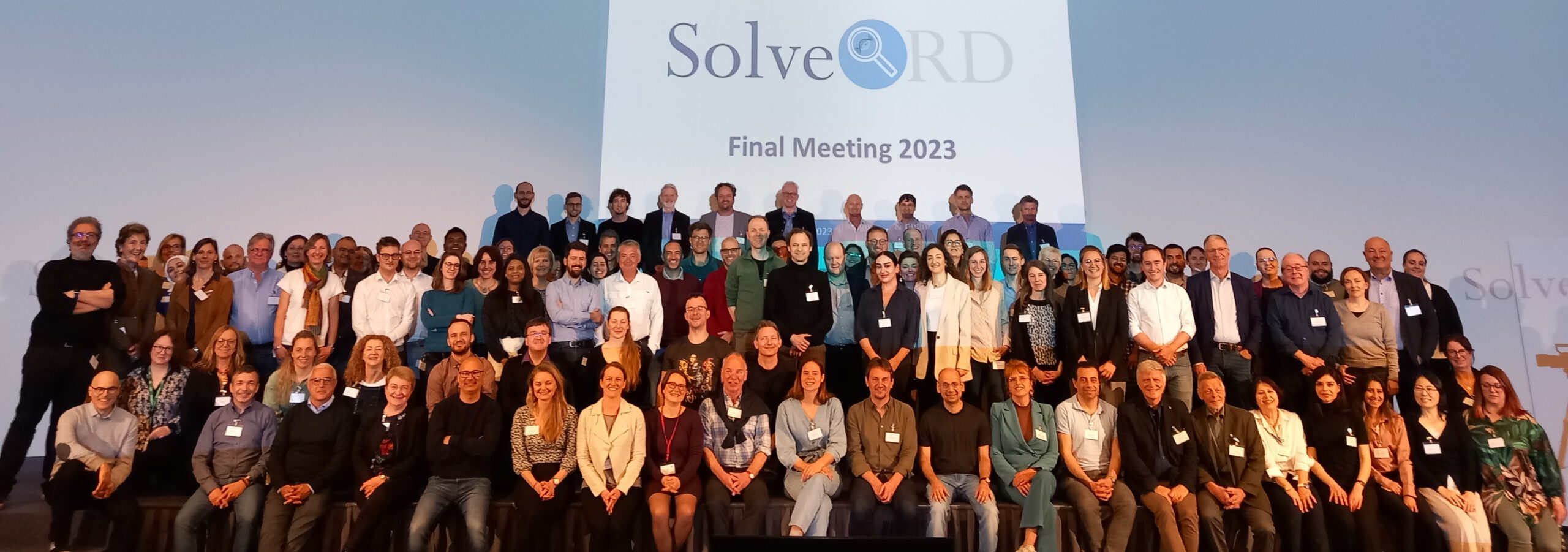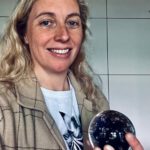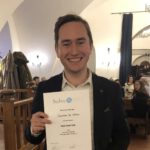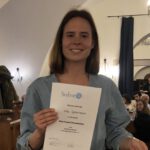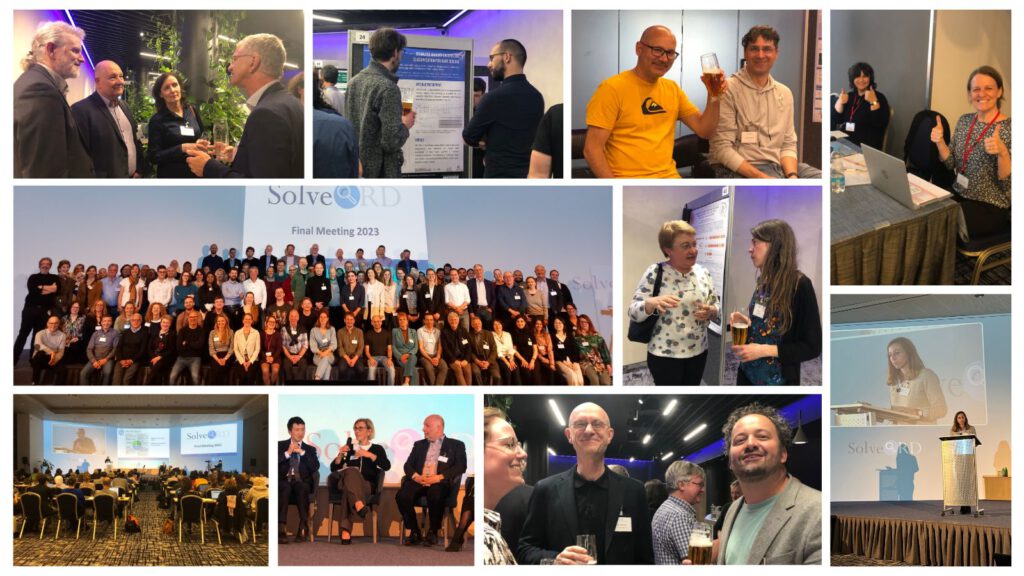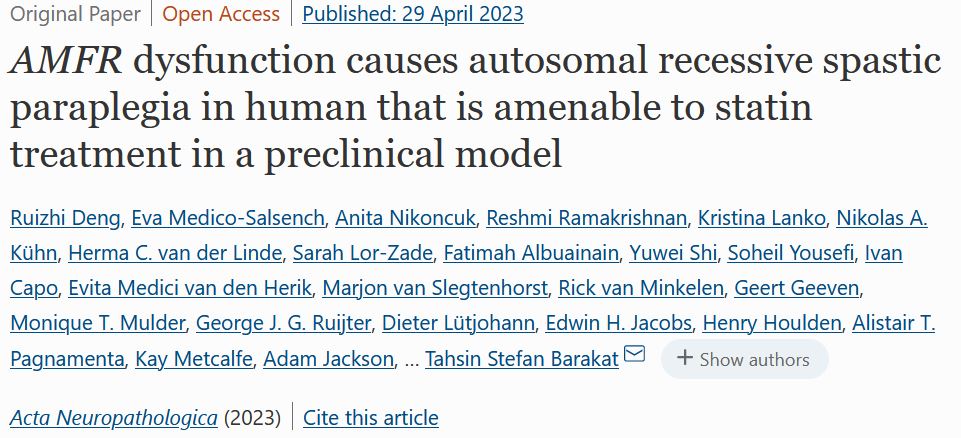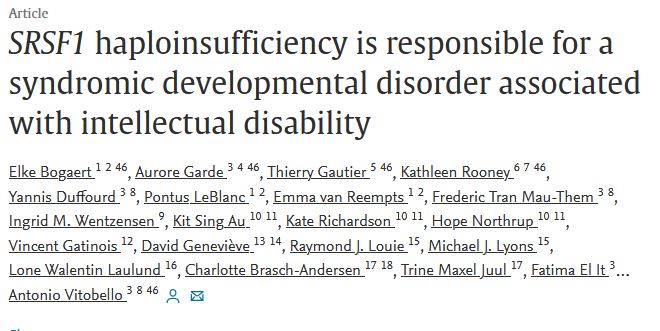Solve-RD Solvathon on multi-omics analysis
Solve-RD Solvathon on multi-omics analysis (with focus on RNAseq and Epigenetics data integration)
Wed-Fri, 6-8 March 2024 in Barcelona, Spain.
Goal: 3 days hands-on course to instruct ERNs how to analyse and interpret the different results derived from Epigenetics analysis and RNAseq, in combination with variants from DNA, with the aim of diagnosing cases.
Participants: Representatives from the Epigenetics and RNAseq working groups, representatives from ERNs/Solve-RD partners who contributed samples and are involved in the analysis/interpretation.
Proposed agenda:
Wednesday, 6 March 2024
9-13 theory session
13-17 hands on work and interpretation
Thursday, 7 March 2024
9-11 theory / findings and questions from day 1
11-17 hands on work and interpretation
Friday, 8 March 2024
9-11 hands on / preparation of presentations on interesting findings and solved cases
11-13 solved cases presentation and wrap up
13 end /departure
Registration link: https://docs.google.com/forms/d/e/1FAIpQLSeYH6avlkgTmbNLcgUtwMBVU7HehWWDMX1FG-rfOX-bYgv8gA/viewform?usp=sf_link
Deadline for registration: 10 January 2024.
Please note: on-site participants will be selected based on the number of submitted samples and data to analyse. You will hear back from us by 15 January 2024.
We plan to enable online participation for the theory sessions and will share the presentations and recordings to provide resources and guidance for Solve-RD partners that cannot attend live.


